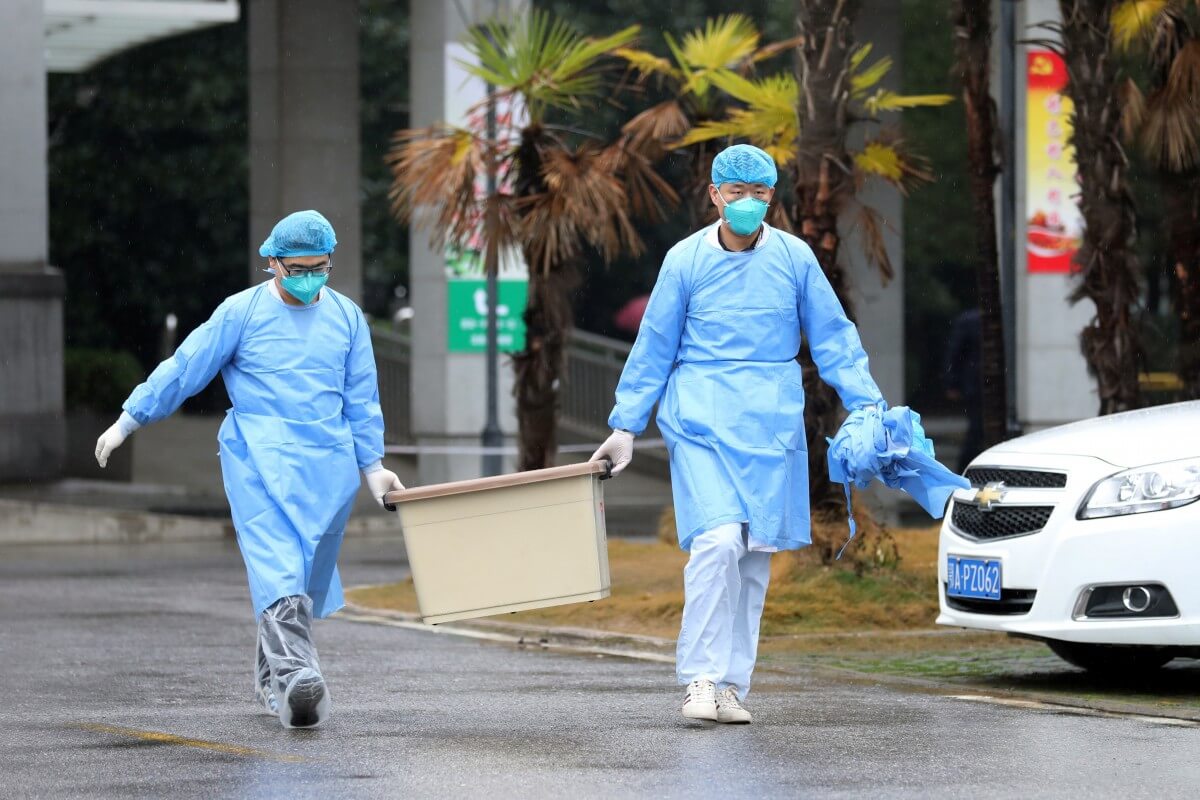A man from Brisbane has been placed in isolation in his home after returning from a family holiday in the Wuhan province of China, the epicenter of the current coronavirus outbreak.
In December, doctors observed an outbreak of a new form of viral pneumonia in people who visited a seafood market in Wuhan. It has since been labeled the novel coronavirus, or 2019-nCoV. Coronaviruses are a group of viruses that cause common colds and gastrointestinal infections. Examples include the SARS (severe acute respiratory syndrome) and MERS (Middle East respiratory syndrome). Those who have contracted the Wuhan virus have reported runny noses, headaches, coughing, sore throat, fever, and difficulty breathing.
SARS, which emanated from southern China in 2002, spread to more than 24 countries and killed almost 800 people. MERS was first identified in Saudi Arabia and has thus far killed 850 people. Thus far, there are 222 confirmed cases of the Wuhan virus, though experts suggest that the true number may be in excess of 1,700. The virus has thus far been reported in China, Hong Kong, South Korea, Thailand, Japan, Singapore, and now possibly Australia. It has killed three people so far.
Health authorities are worried that the Chinese Lunar New Year, taking place on January 25, will lead to an even wider spread of the disease as millions are expected to travel to and from China during this period.
Scientists believe that an animal is the "most likely primary source", but that human-to-human transmission has occurred. They have warned people to avoid "unprotected" contact with live animals and to "thoroughly" cook meat and eggs, and avoid those with cold and flu-like symptoms.
The Brisbane man developed a respiratory illness while in China. Queensland's Chief Health Officer said that they have "done some tests on him" and ware "awaiting the results".
Australia's chief medical officer said that Australia will be placing stricter screening measures on flights arriving from Wuhan to Sydney, with passengers now being met by border security, biosecurity staff, and New South Wales health officials.
The World Health Organization (WHO) will convene an "emergency committee" in Geneva on Wednesday to determine whether this outbreak is an international public health emergency.

